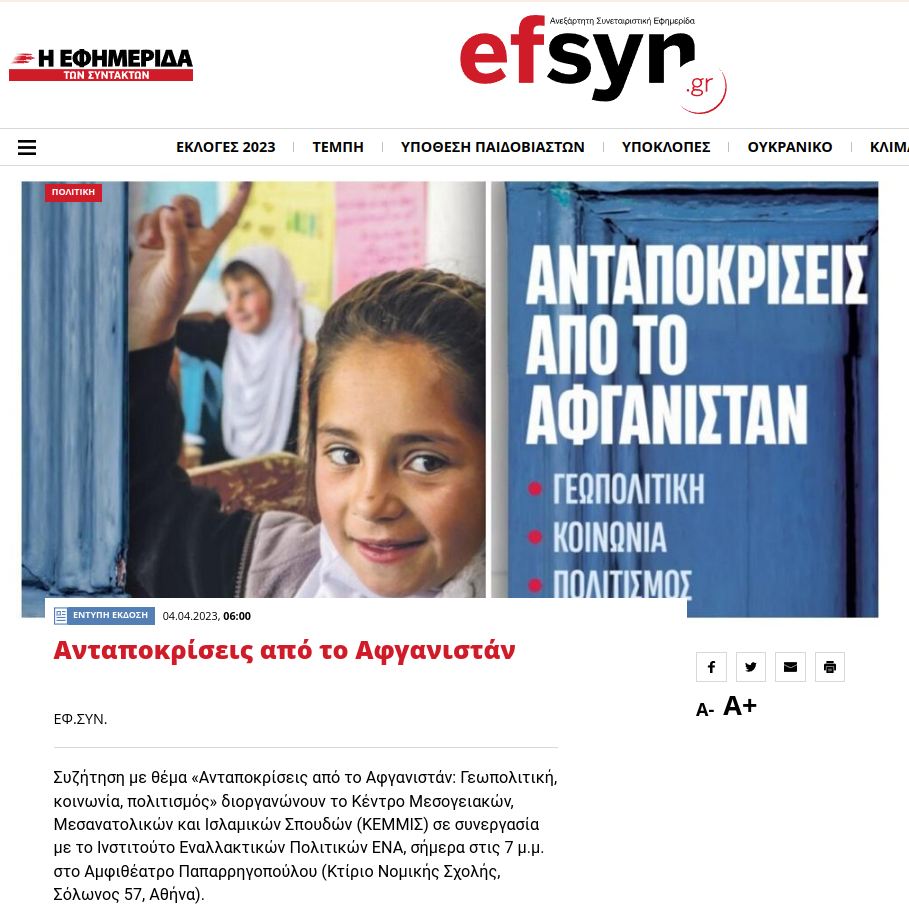April 2023
-
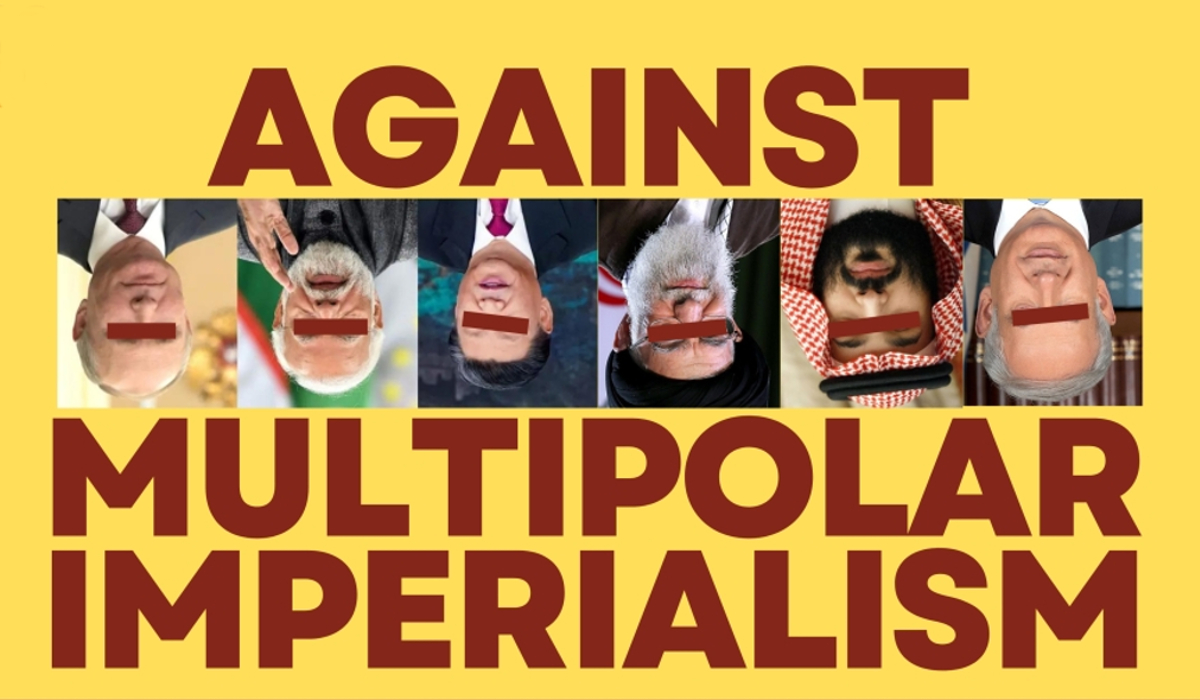
Challenging the Discourse of Multipolarity
•
Multipolarity is a concept that refers to a world in which there are multiple imperial cores instead of just one dominant power. The US lost its unipolar hegemonic status due to a combination of factors, including the war on terror, allowing other countries like China and Russia to gain prominence.…
-
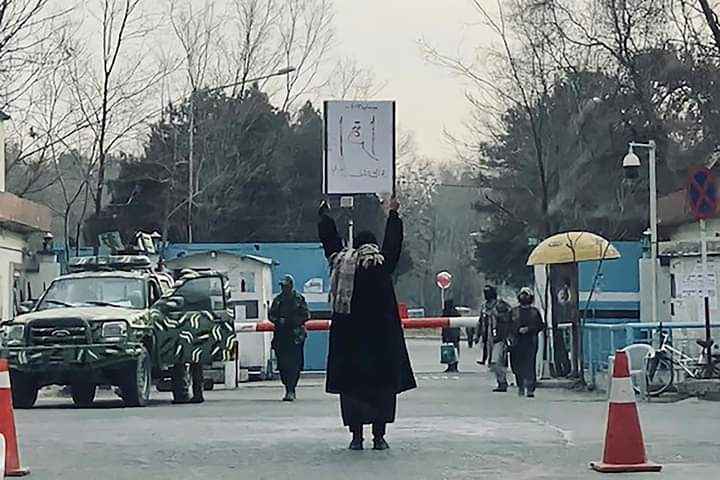
Taliban, IRI: Two Approaches on Women’s Education Rights
•
Iranian parliament members suggest that if the Taliban continues to restrict women’s education, Iran’s universities can assist them. However, they also suggest that the availability of education should be balanced with existing resources and conditions, and private universities could be a viable option for women’s education. In Iran, the government…
-
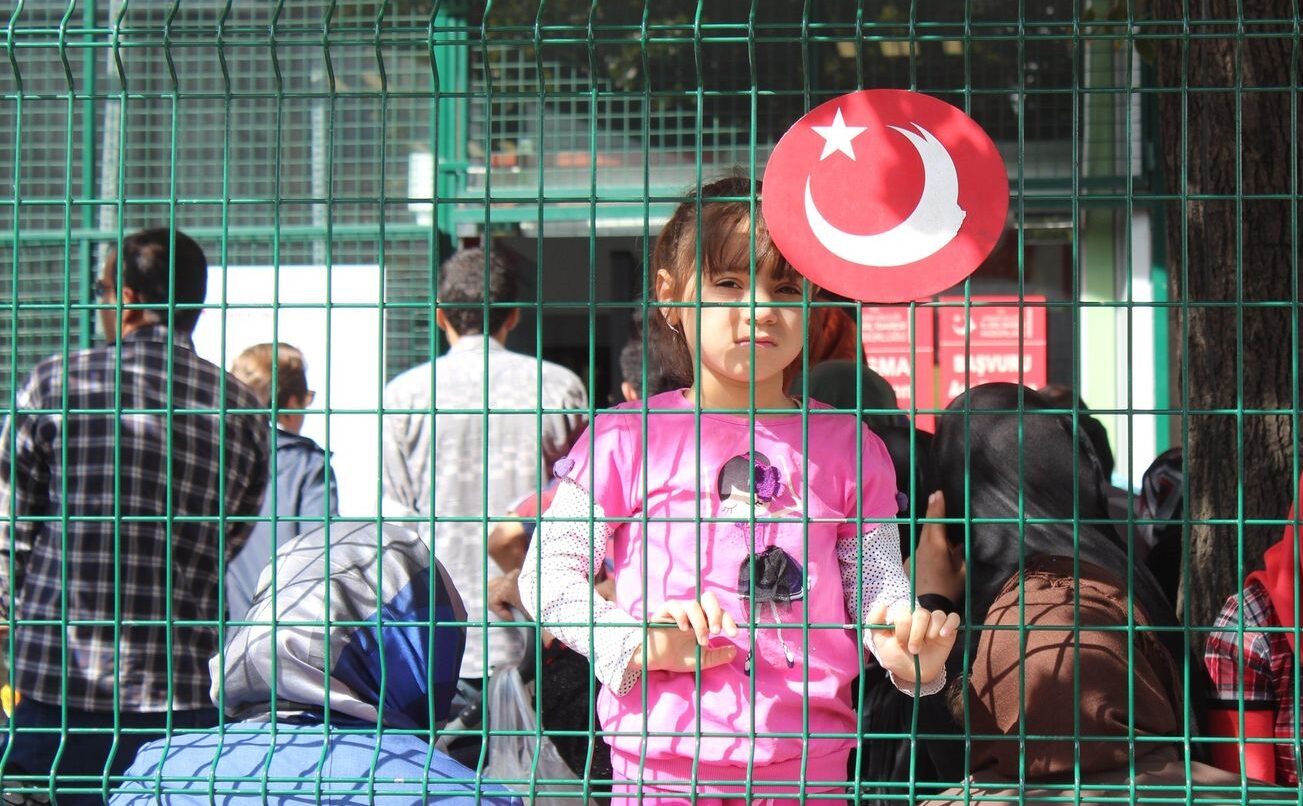
Ankara’s “Hospitality” Strategy: Syrian Refugees in Turkey
•
As the upcoming presidential election draws near, political parties are making a variety of promises on how to handle the refugee crisis. Unfortunately, one of the topics dominating election news is the potential deportation of refugees back to their home countries in order to stem the flow of movement across…
-
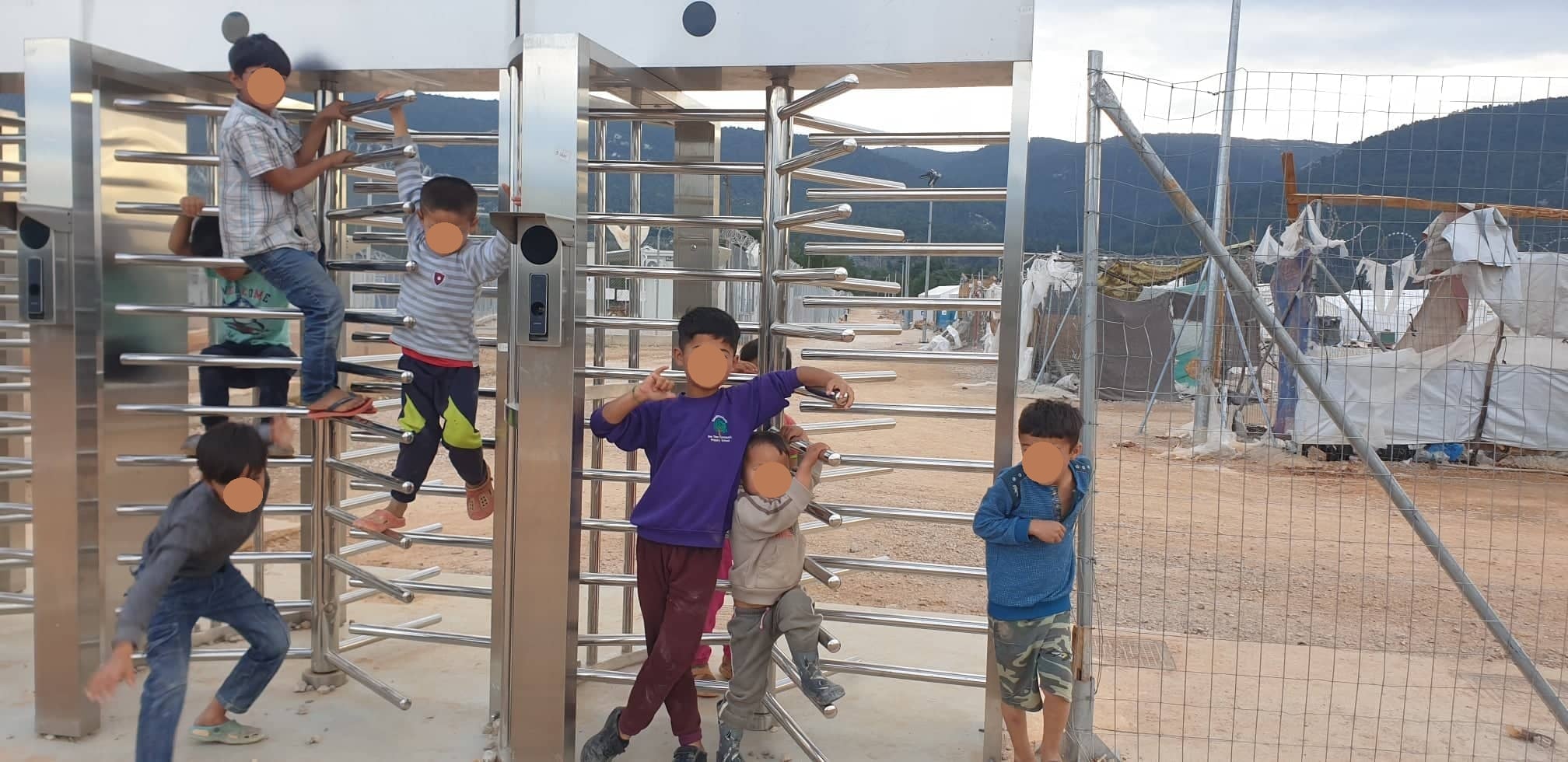
Refugee Camps in Greece: From Asylum to Imprisonment
•
The brutal reality of refugee camps in Greece has been exposed by the EODY workers’ union, who have issued a damning statement about the conditions faced by asylum seekers. According to the union, the government is turning Reception and Identification Centers into real prisons, complete with double NATO-style military fencing,…
-
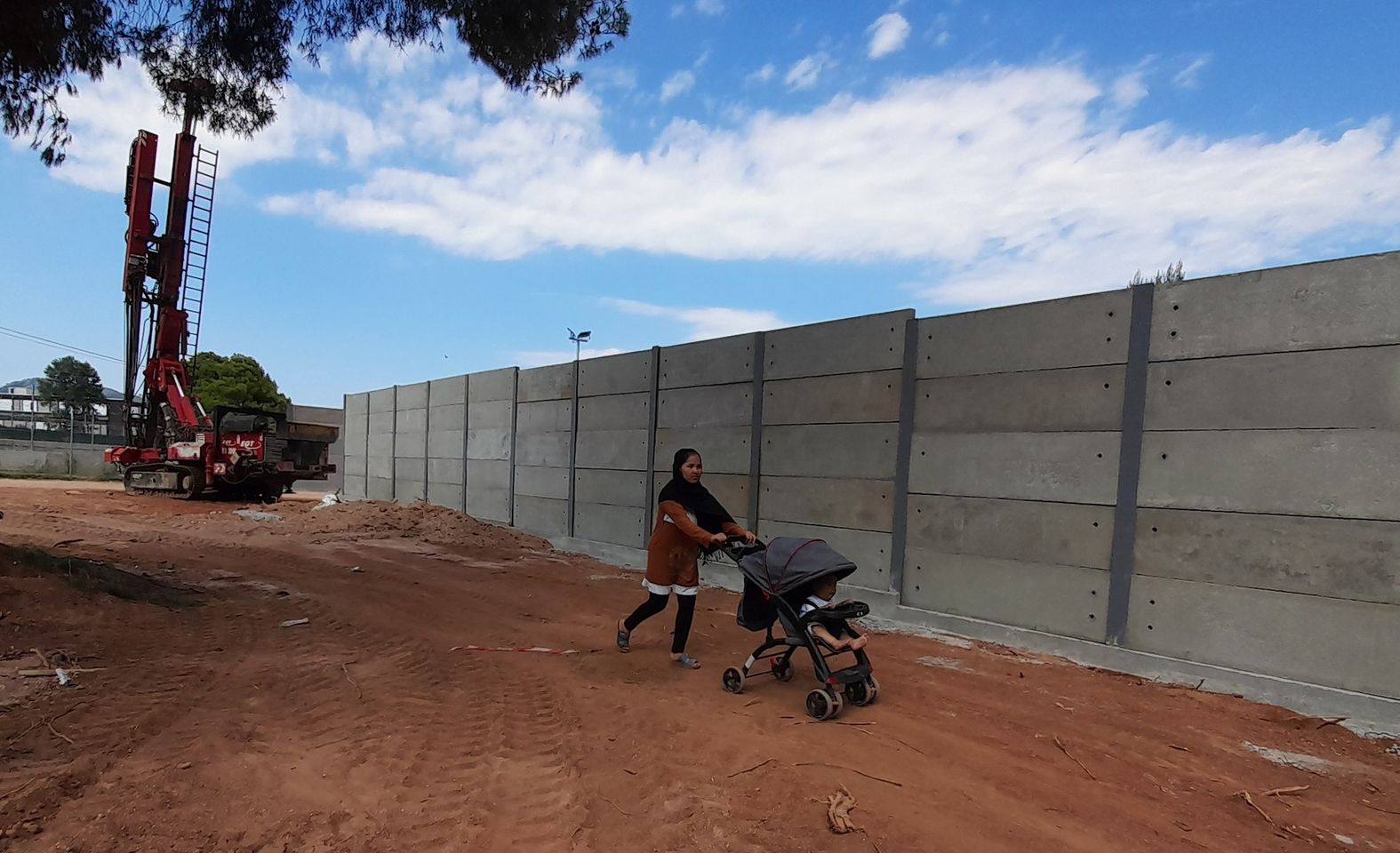
The Intersection of Industrial Power and Immigration Policy
•
In recent years, Greece has seen a reconfiguration of its migrant concentration camps, with new camps being erected on islands and existing camps being converted into “closed controlled centers” surrounded by walls. These military-style camps are part of a broader racist-colonial system operating within Greece and throughout Europe.
